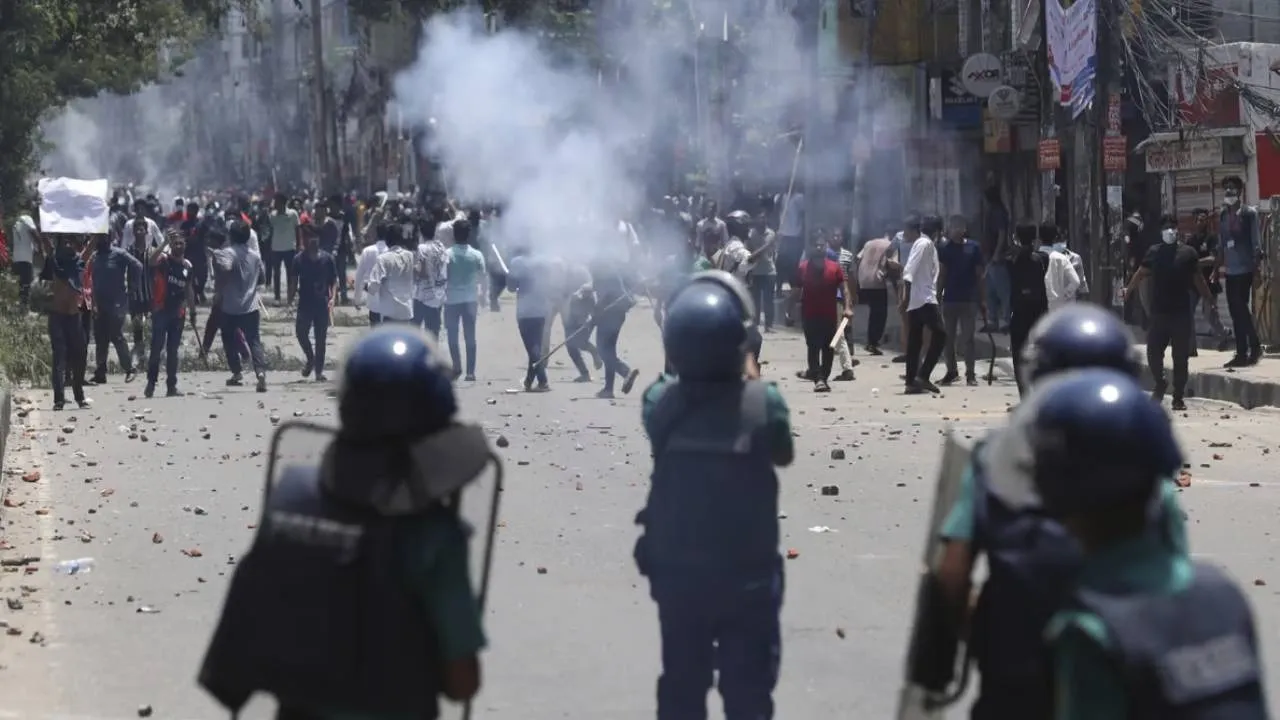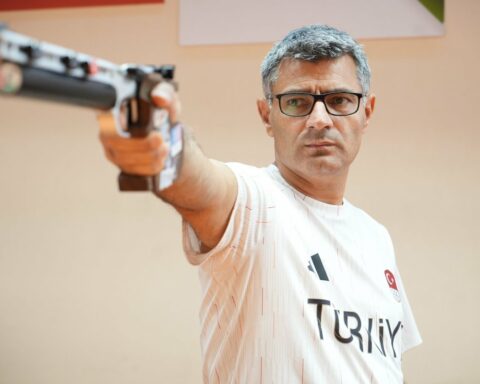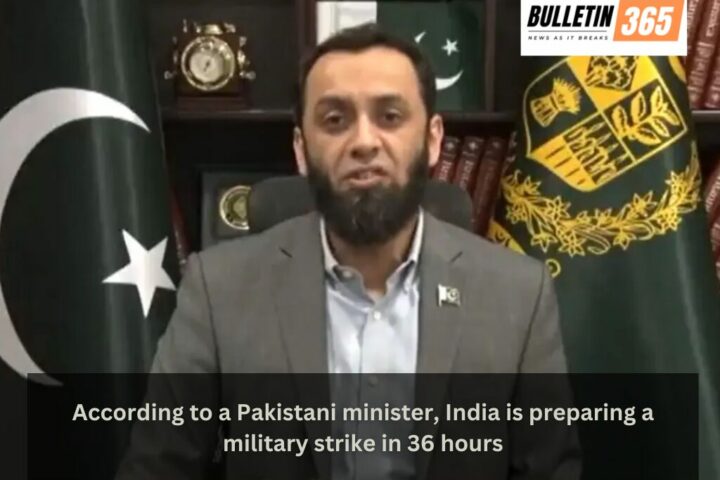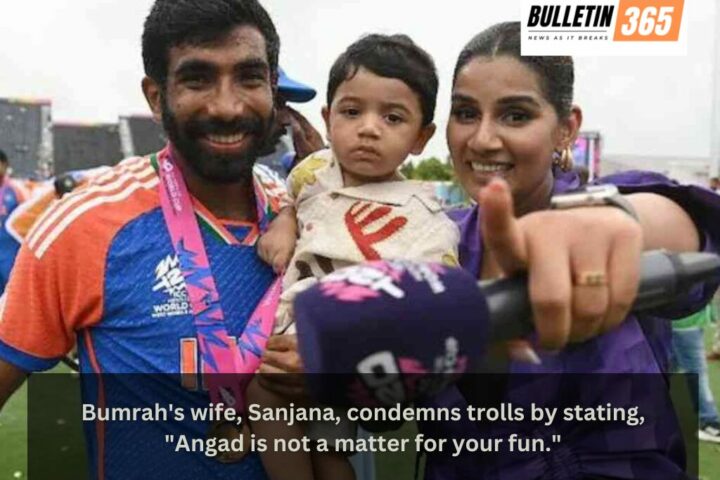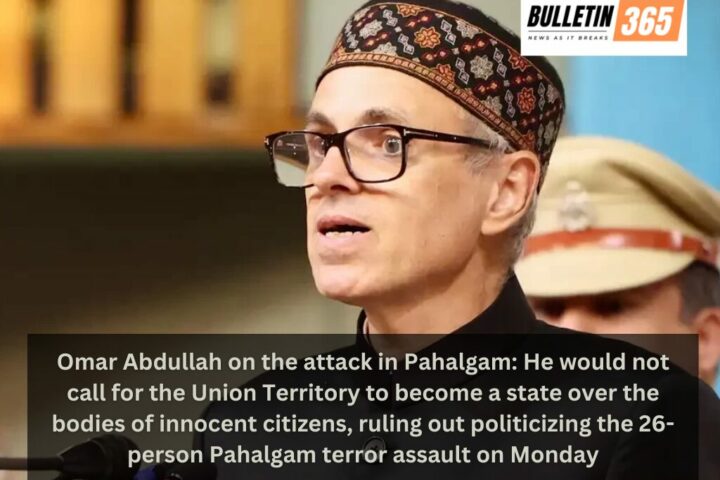After days of deadly clashes over the allocation of government jobs, Bangladesh imposes a nationwide curfew as deadly protests over government jobs escalate. Prime Minister Sheikh Hasina’s government has announced a nationwide curfew across Bangladesh and ordered the deployment of military forces to maintain order. DHAKA, Bangladesh — Prime Minister Sheikh Hasina’s government has announced a nationwide curfew across Bangladesh and ordered the deployment of military forces to maintain order. The ruling Awami League party’s general secretary, Obaidul Quader, made the announcement after security forces fired on protesters earlier on Friday and banned all gatherings in the capital. A few group were killed, media reports said. According to Quader, the military was sent to assist the civilian administration in maintaining order. The largest challenge that Prime Minister Sheikh Hasina has faced since she won a fourth consecutive term in office following elections in January is represented by the protests, which began a few weeks ago but have since intensified significantly. Those polls were boycotted by major opposition groups. The number of individuals killed on Friday varied, with Independent Television reporting 17 and Somoy TV reporting 30. At Dhaka Medical College and Hospital, an Associated Press reporter saw 23 bodies, but it wasn’t immediately clear if all of them had passed away on Friday.
In what had been the bloodiest day of demonstrations thus far, local media reported a death toll of 22 on Thursday as protesting students attempted to impose a “complete shutdown” of the country. To confirm the number of deaths, it was not immediately possible to contact authorities. The chaos has brought to light flaws in Bangladesh’s economy and governance, as well as the dissatisfaction of recent graduates with a lack of employment opportunities. To secure campuses and quell protests, the government has deployed police and paramilitary forces throughout the capital. On Friday, the police in Dhaka announced that they would prohibit all gatherings and demonstrations in the capital. On Wednesday, universities, including the largest in the country, suspended classes and closed dormitories. A Related Press columnist saw line watch authorities fire at a horde of in excess of 1,000 dissidents who had assembled external the administrative center of state-run Bangladesh TV, which was gone after and set ablaze by dissenters the earlier day.
While police officers used rubber bullets and tear gas, border guards fired rifles and sound grenades at the crowd. Shots littered the roads, which were likewise set apart by smears of blood. Internet providers and versatile information were generally disturbed on Thursday night and stayed down on Friday in the capital, Dhaka. Virtual entertainment stages like Facebook and WhatsApp were additionally not stacking. Friday’s widespread internet outage caused problems for airlines, banks, media outlets, and businesses all over the world; however, the problems in Bangladesh were significantly more severe than in other places. An assertion from the country’s Telecom Administrative Bonus said they couldn’t guarantee administration after their server farm was gone after Thursday by demonstrators, who put a match to some hardware. This was impossible for the Associated Press to independently verify. Student protesters urged mosques all over the country to hold funeral prayers for those who have died, and they stated that they would also extend their calls for a shutdown on Friday. Major universities have declared that they will close until tensions subside. The protesters are calling for an end to a quota system that allows relatives of veterans who fought in Bangladesh’s 1971 war of independence against Pakistan to hold up to 30% of government jobs.
They argue that the current system favors supporters of Prime Minister Sheikh Hasina, whose Awami League party led the independence movement, and that a merit-based system should be implemented in its place. However, Hasina has defended the quota system, asserting that veterans, regardless of political affiliation, deserve the highest respect for their contributions to the war. Although the leader of Bangladesh is credited with stabilizing the country’s economic growth, labor unrest and dissatisfaction with the government have been sparked by rising inflation, which is in part caused by the global upheaval brought on by the war in Ukraine. Many people prefer government jobs because they are perceived as more stable and lucrative, despite the fact that job opportunities have increased in some parts of the private sector. However, there are not enough positions available; the civil service exam is taken by approximately 400,000 graduates each year. What is unfurling in Bangladesh is profoundly disrupting for an age that just requested a fair an open door in broad daylight administration enlistment,” said Saad Hammadi, a right to speak freely advocate with the Canada-based Balsillie School of Foreign relations. ” Hammadi stated, “The government’s lack of foresight and ineffective policy governance are evidenced by the fact that a peaceful protest against a state policy escalated to its zenith of lawlessness.”
“Things get worse because the internet is down. In an email, he added, “under the pretext of conducting sweeping operations by the state that have frequently resulted in serious human rights violations, local news sites are inaccessible, and people in the country are left incommunicado with the rest of the world.” In the past, Bangladesh has used the shutdown of internet services to suppress opposition parties’ dissent in protest-hit areas. Web guard dog Access Currently said it kept three closures in the country in 2023 – which covered with resistance energizes and were all restricted in extension to one city or locale. This occurred following six shutdowns in 2022. Following a crackdown on the country’s opposition members and supporters prior to its national election, the nonprofit CIVICUS downgraded Bangladesh to “closed,” the worst rating it could assign, along with China and Venezuela. The main opposition party, the Bangladesh Nationalist Party, has pledged to organize its own demonstrations and supported the students’ protests. Numerous of their supporters have joined the students’ demonstrations. Ruhul Kabir Rizvi, a senior BNP leader, was detained after police used tear gas on a few hundred BNP supporters on Friday. In the lead-up to the country’s national election, which was marred by a crackdown on several opposition figures while Hasina’s government accused the party of attempting to disrupt the vote, the Awami League and the BNP have frequently accused each other of fueling political chaos and violence. After massive student protests in 2018, Hasina’s government had previously stopped the job quotas. However, last month, Bangladesh’s High Court overturned that decision and reinstated the quotas after petitions from relatives of the 1971 veterans sparked the latest demonstrations. The Supreme Court announced in a statement that it will address the issue on Sunday and suspended that decision until the outcome of an appeal hearing. In a televised address on Wednesday, Hasina urged protesters to “wait with patience” for the court verdict, promising that they “will not be disappointed” and “will get justice.”

